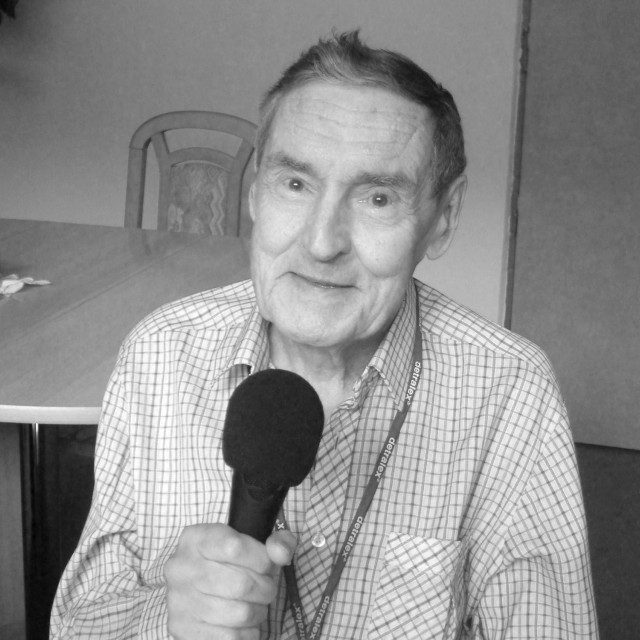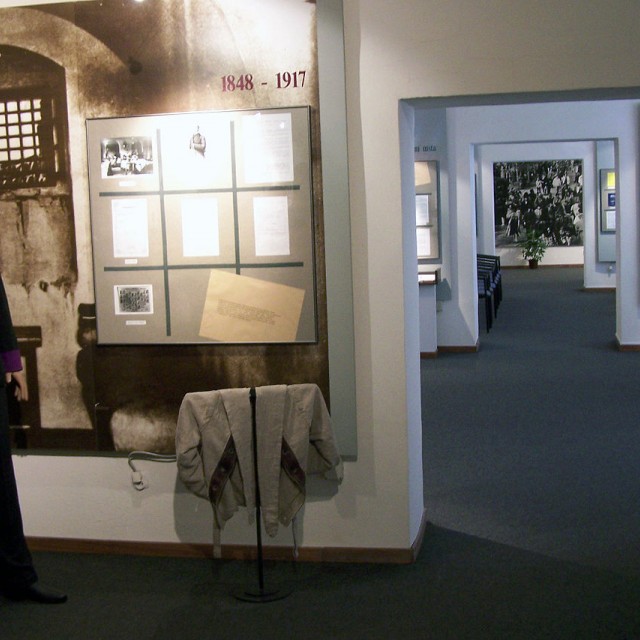He managed to get a piece of bread for whomever was hungry
Ivan Malý arrived at the Pankrác prison shortly after his arrest in August 1944. From there, they took him to interrogations taking place in the Petschek Palace: “There were thirty of us in the cell, some really interesting cases. Most of them got there for economic crimes. For example there was a guy there for killing a pig. Or there was this guy who managed to obtain ration cards for thirty people. He had a clever approach.” The man in question was called Pavelka and he had a genuinely sophisticated system of obtaining ration cards: “He made up a story that he needed them for a group of people working in the Škoda factory in Prague. He forged baptism certificates and other documents, he even had parish office stamps made. He really knew his stuff.” Pavelka used his ability to obtain food also in the Pankrác prison. He was in charge of the cell, which Mr Malý shared with the rest of the prisoners: “He knew the situation of each and every one of us, and if somebody was really hungry, he managed to get a piece of bread for them.” At a time, when the prisoners received only a small loaf of bread, apart from some daily hogwash, it was a real help,” recalled Ivan Malý.
Hodnocení
Hodnotilo 0 lidí
Routes
Not a part of any route.
Comments
No comments yet.







